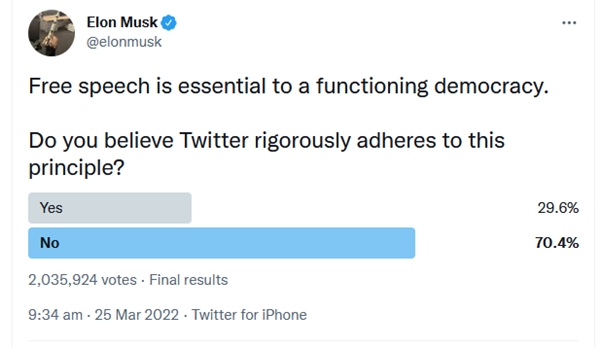Introduction to Cross.social
Introduction
In an ever-evolving world, the importance of free speech becomes increasingly apparent. Over two millennia, we have interconnected continents through a network known as the internet, yet the quest for a communication platform ensuring uncensored expression and protection from algorithmic silencing continues. A space free from single-party control or censorship is essential to our existence as individuals and as a collective.
Decentralization presents an ideal solution to these challenges, and addressing them lies at the core of Cross.social's mission.
Issues with Social Platforms
Current social platforms present numerous challenges, tempting us to question whether the "social platform" concept itself is fundamentally flawed. We will highlight some of the most significant threats facing users today.
Feed Manipulation - Restricting User Access to Content
It is widely recognized that major social platforms like Meta, Twitter, and Instagram manipulate user feeds and the content they can access. Instances of "emotional manipulation" by Meta[1] and Twitter's user manipulation, as noted by Elon Musk[2], exemplify this issue. Consequently, society remains uninformed about critical global and local events, and these examples are only the tip of the iceberg.
[1] „Experimental evidence of massive-scale emotional contagion through social networks“ - https://www.pnas.org/doi/full/10.1073/pnas.1320040111
[2] https://www.businessinsider.in/international/news/elon-musk-called-twitter-newsfeed-algorithms-manipulative-prompting-a-reply-from-founder-jack-dorsey-who-disagreed-with-the-claim/articleshow/91578141.cms
Censorship - Suppressing User Voices
In addition to controlling what users see, social platforms also possess the power to silence individuals. This authority has been repeatedly exercised, most notably during the COVID-19 pandemic when Meta, YouTube, and Twitter censored information regarding the virus's origin[3]. The ban lasted nearly two years, demonstrating the platforms' capacity to dictate public discourse. A poll examining whether users believe Twitter upholds the principle of free speech is provided below.
[3] https://www.theguardian.com/technology/2021/may/27/Meta-lifts-ban-on-posts-claiming-covid-19-was-man-made
Loss of Data Control - User Data in the Hands of Social Giants
Another critical issue with social platforms is the relinquishing of user data control. Upon sharing thoughts, images, or videos, users lose authority over their content, which becomes the property of social giants. True data control would include the ability to delete content, but it is evident that social platforms retain uploaded information[4]
[4] https://www.zdnet.com/article/Meta-does-not-erase-user-deleted-content/
Privacy issues
Privacy has been a prominent issue since the advent of social platforms. Regulations like the General Data Protection Regulation (GDPR) were established in response to repeated privacy breaches by Meta and other social giants[5]. However, privacy remains scarce on contemporary platforms. Private messages are monitored, and biometric data is collected, utilized, and sold without consent[6]. Most shockingly, Meta was found to profit from users' medical data[7]. The Metaverse, also developed by Meta, is considered even more invasive due to its ability to extract information from VR and augmented reality, such as unique (can also be called digital "fingerprint") movement patterns[8].
[5] https://gdpr.eu/the-gdpr-meets-its-first-challenge-Meta/
[6] https://www.nytimes.com/2020/01/29/technology/Meta-privacy-lawsuit-earnings.html
[7] https://www.businessinsider.com/meta-facebook-sued-data-tracking-hospitals-disclosed-patient-health-data-2022-8
[8] https://fortune.com/2021/10/29/mark-zuckerberg-metaverse-privacy-Meta-meta/
Distorting reality - Fact checkers and war of information
The implementation of "fact checkers" within Meta's misinformation-combating policy raises additional concerns. This approach has resulted in the censorship and blocking of esteemed scientists, educators, whistleblowers, and activists[9], effectively silencing them by restricting access to their information. This phenomenon raises questions about the prevailing narrative.
Each of these issues carries significant weight individually, but their combined presence on existing social platforms highlights the need for change.
[9] https://nypost.com/2021/12/14/facebook-admits-the-truth-fact-checks-are-really-just-lefty-opinion/
Last updated
